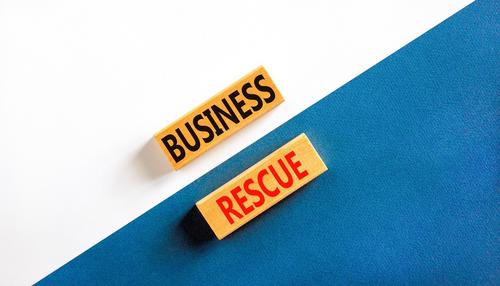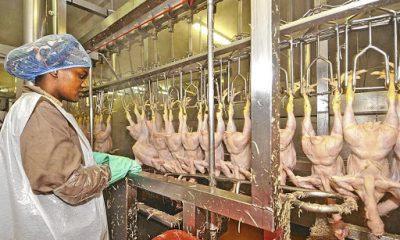Business
Business Rescue Challenges in South Africa: Compliance Issues and Success Stories

South Africa’s business rescue ecosystem is under scrutiny as the Companies and Intellectual Property Commission (CIPC) tightens its grip on compliance. Business rescue practitioners (BRPs) now face strict requirements for licence renewals, sparking concerns about the sector’s administration and its impact on struggling businesses.
Compliance Crackdown by CIPC
The CIPC has issued three circulars highlighting non-compliance among BRPs with the Companies Act. A key concern is the failure to submit progress reports, which are mandated if business rescue proceedings extend beyond three months. These reports, due monthly until the conclusion of the process, are critical for transparency and accountability.
To enforce compliance, the CIPC has warned that BRPs with overdue filings will be barred from renewing their licences. Moreover, the commission has modernized its processes with a new E-Services portal, making it the sole platform for submitting status reports, terminations, and substantial implementation applications.
BRPs must also meet stringent qualification requirements, including a bachelor’s degree at NQF level 7, endorsed by the South African Qualifications Authority (SAQA). Applications failing to meet these standards will be rejected.
The Importance of Business Rescue in South Africa
Business rescue has become a lifeline for South African companies grappling with economic challenges. Over the past five years, the Covid-19 pandemic, load-shedding, and economic downturns have increased the demand for BRP services.
In 2024 alone, over 1,400 businesses were liquidated, underscoring the high stakes for companies unable to navigate financial distress. While some enterprises have found new beginnings through business rescue, others have succumbed to liquidation.
Success Stories in Business Rescue
Despite the challenges, several businesses have emerged stronger from rescue proceedings:
- Westpack Lifestyle: Facing financial distress, Westpack initiated business rescue in May 2024. By October, a rescue offer had saved over 1,100 jobs, 30 corporate stores, and 40 franchise locations, preserving the Westpack brand.
- AutoZone: South Africa’s leading auto parts distributor entered business rescue in July 2024. In November, Metair, a JSE-listed investment group, acquired AutoZone for R290 million, safeguarding the company’s 169 retail stores and operations.
Notable Failures
Not all businesses achieve a positive outcome. High-profile failures in 2024 include:
- Hohm Energy and Ellies Holdings: Both companies were liquidated after unsuccessful rescue proceedings.
- Drip Footwear: The once-popular footwear retailer entered liquidation in September.
- Frame Leisure Trading (The Cross Trainer): The sports retailer faced liquidation in October after its BRPs failed to secure support from suppliers and landlords.
Ensuring Sustainability
The CIPC’s recent measures aim to bring greater accountability to the business rescue process. However, these reforms also highlight the need for improved BRP administration and adherence to the Companies Act.
The automation of filing systems is a positive step, reducing administrative bottlenecks and promoting transparency. Yet, for the sector to thrive, BRPs must prioritize compliance while ensuring that their qualifications and practices align with the evolving regulatory framework.
Business rescue plays a critical role in South Africa’s economy, providing a safety net for distressed companies and preserving jobs. However, compliance issues and regulatory tightening by the CIPC underscore the need for enhanced governance.
By addressing these challenges and learning from both successes and failures, South Africa can strengthen its business rescue framework and provide struggling businesses with a greater chance of recovery.
Follow Joburg ETC on Facebook, Twitter , TikTok and Instagram
For more News in Johannesburg, visit joburgetc.com


















